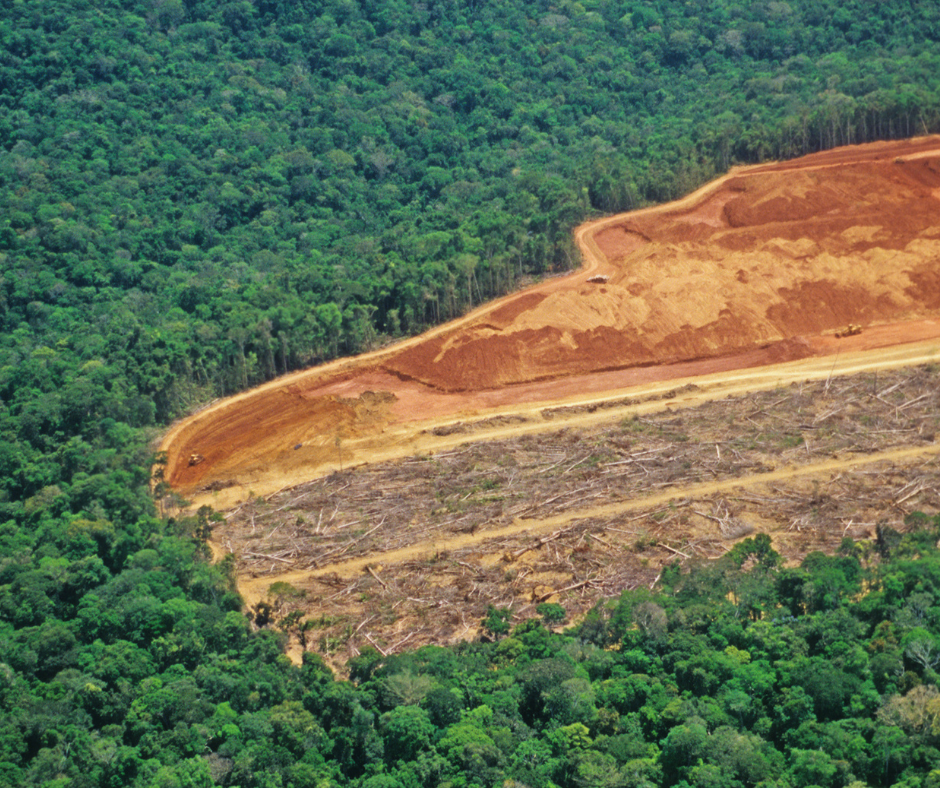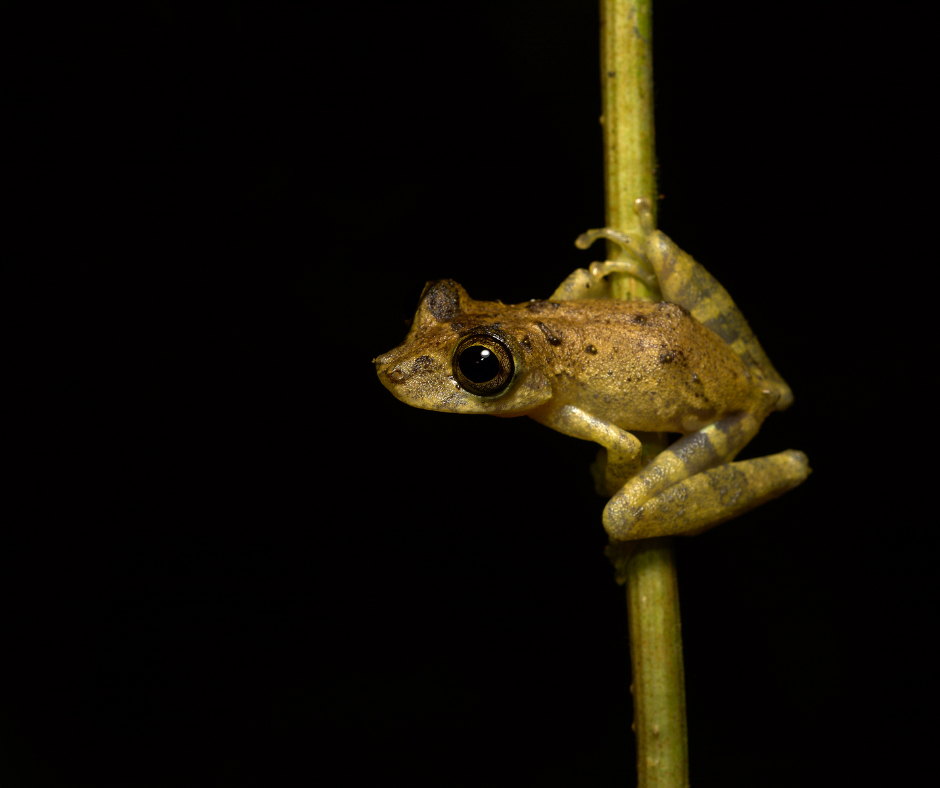Global Policy Update
There’s a lot going on in the world of government and climate policy right now. Our Deputy Director, Hannah Peck, also our global policy aficionado, shared her pick of recent global policy updates. Here’s our roundup:
1. BRAZIL – In the presidential boxing ring.
The Amazon is reaching its tipping point. With Brazil’s presidential election coming up in October, the winning candidate will decide the fate of Earth’s largest rainforest.
In the left corner, we have former president Luis Inacio Lula da Silva (previously jailed for corruption and then freed on lack of evidence). He pledges to save the Amazon, address human rights issues in the country and invest in job creation and healthcare.
In the far right corner, we have current president Jair Bolsonaro, pledging what has been dubbed a “Death Package” for the Amazon. Should he stay in power, he will relax environmental protections and allow greater exploitation of mineral, oil, and water resources on Indigenous lands.
Watch this space.


2. Papua New Guinea – Election low down.
Government elections in Papua New Guinea (PNG), which were heavily impacted by violence and corruption, finally drew to a close with many citizens unable to vote due to issues with the electoral roll. (The Conversation, 2022).
There were an estimated 200 election related deaths during the 2022 election period.
The outcome: President Joseph Marape was re-elected and will head a coalition government.
Female representation: The United Nations gender inequality index ranks PNG 161st out of 162 countries. This year out of 3,000 candidates, less than 6% were female.However, for the first time in a decade, two women have been elected into PNG’s coalition government, including the new governor of PNG’s central province, Rufina Peter. This is a silver lining to a general election that has been violent and chaotic.
While there is still a long way to go, hopefully this is the start of women nationwide being heard in political decision making.
🔎 Voting, violence and rainforest in Papua New Guinea: What’s the connection? (Cool Earth, 2022)
🔎 Why Papua New Guinea urgently needs to elect more women to parliament (The Conversation, 2022)
3. CAMEROON – Civil war & knock on environmental damage.
The Cameroon Anglophone Crisis continues on and both people and the environment are suffering. This includes failures in environmental governance, an increase in deforestation, unmet measures in Cameroon’s climate action plan and the effects of scorched earth tactics.
The displacement of over 900,000 people during the course of the conflict has seen many fleeing into the forest. As a result deforestation has risen with a need for shelter, firewood and water being heavily impacted by increased pressure and pollution.
Environmental NGOs and government projects have ceased, with staff fleeing from the conflict. This continues to threaten already endangered species including Cross River gorillas, Nigerian-Cameroon chimpanzees and African elephants through habitat destruction and illegal poaching.
Progress on climate adaptation has also been halted, including measures to provide fertilisers and improved seeds to farmers; installing renewable energy in rural areas; and restoring mangrove forests along the Limbe coast.
Despite all these difficulties, our own NGO partner in Cameroon, CREEAD have managed to continue successfully running their work on our Mount Muangeba partnership through their Rise for Nature Program. The CREAAD team’s persistence, energy and endurance to keep supporting the communities protecting rainforest in the area throughout the conflict has been inspiring.
🔎 The environment is the silent casualty in the Cameroon Anglophone crisis (The Conversation, 2022)
4. COP15 Convention on Biological Diversity: What the COP is going on?
With several delays and now a relocation, COP15 Convention of Biological Diversity (CBD) talks are finally here. Here’s a handy rundown of what to expect in December’s event in Montreal.
The intended outcome? Well, it may sound familiar – adopting the “Post-2020 Global Biodiversity Framework”. This will outline what countries need to do, individually and collectively, to set us on course for achieving the CBD’s overall vision of “living in harmony with nature” by 2050.
22 targets are set to be achieved by 2030 and four long-term goals for 2050, focusing on conservation, sustainable use of biodiversity, fair benefit-sharing, and adequate means of implementation.
These negotiations have a crucial role to play in halting biodiversity loss and restoring nature and there are high hopes that action will be taken.
🔎 COP15, the biggest biodiversity conference in a decade (Eco-Business, 2022).


5. AFRICA: Drawing the short straw on climate finance.
Africa needs $250 billion in climate finance annually in order to adapt to climate change and invest in greener technologies. However, in 2022 the continent only received $29.5 billion – only 12% of what is needed which could potentially lead to devastating consequences for people and the environment in the future. It is essential that we support Africa and other developing nations who are most at risk of the impacts of the climate crisis.
It is likely that climate finance will take centre stage at COP27 in Egypt later this year, with growing criticism of the wealthy countries failing to meet their 2009 pledges to provide $100 billion annually in climate finance by 2020.
🔎 Africa getting just 12% of financing needed to adapt to climate change -report (Reuters, 2022)
🔎 Rich countries failed to meet their climate funding goal (Reuters, 2022)
6. US and China: Climate, tension and the silent treatment.
Following the visit to Taiwan by the US speaker of the House of Representatives, Nancy Pelosi, will tensions continue between the US and China?
Problem: Will China give the US the cold shoulder and refuse climate discussions? This silent treatment could become an issue if it is still in place during COP27. In past summits conversations between these influential nations have been crucial for facilitating multilateral consensus between nations.
During last year’s COP26 talks in Glasgow it seemed the pair acknowledged that they needed to work together to accelerate climate actions. Have they taken a step back?
We need to keep climate at the top of the agenda. The only way to do that is to work together and we hope to see that happen at COP so that we can meet the global climate goals of the Paris Agreement.
Hope: Despite the tension between these two nations, both have stated their want to make progress on climate change and that they will continue work with other countries to come to mutual consensus at COP27.
Further reading:
🔎 Will a freeze in US–China climate talks threaten global action? (Nature, 2022)
